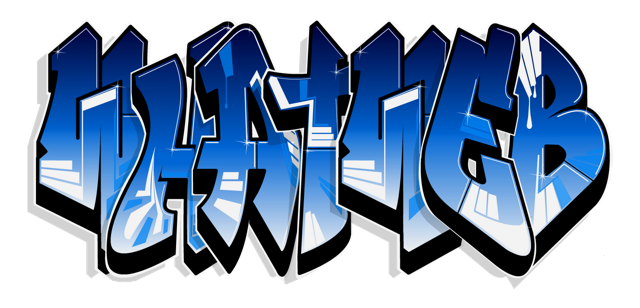WhatWeb is a Next Generation Extensible Web Scanner for Pentesting with Aggression
WhatWeb identifies websites. Its goal is to answer the question, "What is that Website?". WhatWeb recognises web technologies including content management systems (CMS), blogging platforms, statistic/analytics packages, JavaScript libraries, web servers, and embedded devices.
WhatWeb has over 1800 plugins, each to recognise something different. WhatWeb also identifies version numbers, email addresses, account IDs, web framework modules, SQL errors, and more.
Stealth Mode
WhatWeb can be stealthy and fast, or thorough but slow. WhatWeb supports an aggression level to control the trade off between speed and reliability. When you visit a website in your browser, the transaction includes many hints of what web technologies are powering that website.
Sometimes a single webpage visit contains enough information to identify a website but when it does not, WhatWeb can interrogate the website further.
The default level of aggression, called 'stealthy', is the fastest and requires only one HTTP request of a website. This is suitable for scanning public websites. More aggressive modes were developed for use in penetration tests.
Plugins
Most WhatWeb plugins are thorough and recognise a range of cues from subtle to obvious. For example, most WordPress websites can be identified by the meta HTML tag, e.g. '', but a minority of WordPress websites remove this identifying tag but this does not thwart WhatWeb.
The WordPress WhatWeb plugin has over 15 tests, which include checking the favicon, default installation files, login pages, and checking for "/wp-content/" within relative links.
Matches are made with:
- Text strings (case sensitive)
- Regular expressions
- Google Hack Database queries (limited set of keywords)
- MD5 hashes
- URL recognition
- HTML tag patterns
- Custom ruby code for passive and aggressive operations
Features
- Over 1800 plugins
- Control the trade off between speed/stealth and reliability
- Performance tuning. Control how many websites to scan concurrently.
- Multiple log formats: Brief (greppable), Verbose (human readable), XML, JSON, MagicTree, RubyObject, MongoDB, ElasticSearch, SQL.
- Proxy support including TOR
- Custom HTTP headers
- Basic HTTP authentication
- Control over webpage redirection
- IP address ranges
- Fuzzy matching
- Result certainty awareness
- Custom plugins defined on the command line
- IDN (International Domain Name) support
License
GPL-2.0 license
Authors
Author Andrew Horton (urbanadventurer) and Brendan Coles (bcoles)
Resources & Downloads



